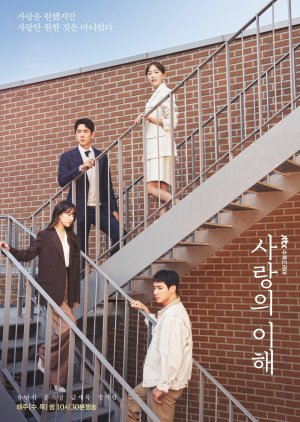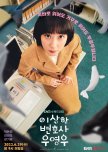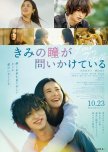



negotiating relationship + love in the "real world", Moon Ga-young at the centre, clashing desires, late capitalism + neoliberalism, the gap between you and me
Note that the director watched Moon Ga-young in a one-act play/drama before casting her and it was almost definitely Dancing the waltz alone.
Note that the director watched Moon Ga-young in a one-act play/drama before casting her and it was almost definitely Dancing the waltz alone.
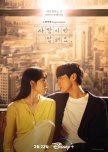

They are both character driver rather than plot driven. The characters in both dramas are tortured, conflicted, flawed, and complicated. Also, both dramas have a slow pace with beautiful cinematography and beautiful music although I would say A Piece of Your Mind has a far superior cinematography.
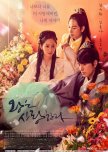
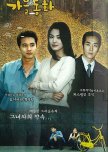


Se voce gosta da densidade, o drama e a complexidade que tras com que nós nos se sinta próximos aos personagens, que pode nos prender para saber o desfecho intensivao de amor trás essa essência, também a reflexão. E vale muito a pena, se for para assistir pensando em algo mais pé no chão e se indeitificar com certos sentimentos e olhar a obra por outros pontos de vista que podem mudar nosso ponto de vista e maneira de lidar ou ver as coisas na vida real. Assim como em investimento de risco se olhar bem voce tira alguns ensinamentos que pode mudar alguma coisa na sua maneira de agir. :)
Mudou em mim, pode nao ser com todos, mas eu recomendo.
Mudou em mim, pode nao ser com todos, mas eu recomendo.


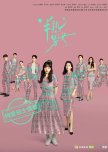
I think that both for the rhythm of the drama and its dark sides, and for the lead addicted to work who has no scenic expression and who is in "robot" mode like Moon Ga Young in "Interest Of Love" there is a strong similarity. In addition, the drama addresses intertingled couples and betrayals just like the kdrama. I found a lot of vibes of this one in the first episodes, and if it's like the novel it may be very similar From the point of view of human relations .

They're similar in the way that a large portion of the audience will absolutely hate the drama and the characters, because they don't exactly adhere to the usual romance kdrama tropes and make questionable decisions. Like The Interest of Love, even when the characters make decisions that are "bad" or that viewers dislike, there is no indictment of their actions, nothing that indicates directly to the audience, "this character made a bad decision, and is therefore bad." The characters actually feel sorta real, or sympathetic at the very least.
Unlike The Interest of Love, To My Beloved does not have as much commentary on classism or work culture.
Unlike The Interest of Love, To My Beloved does not have as much commentary on classism or work culture.


